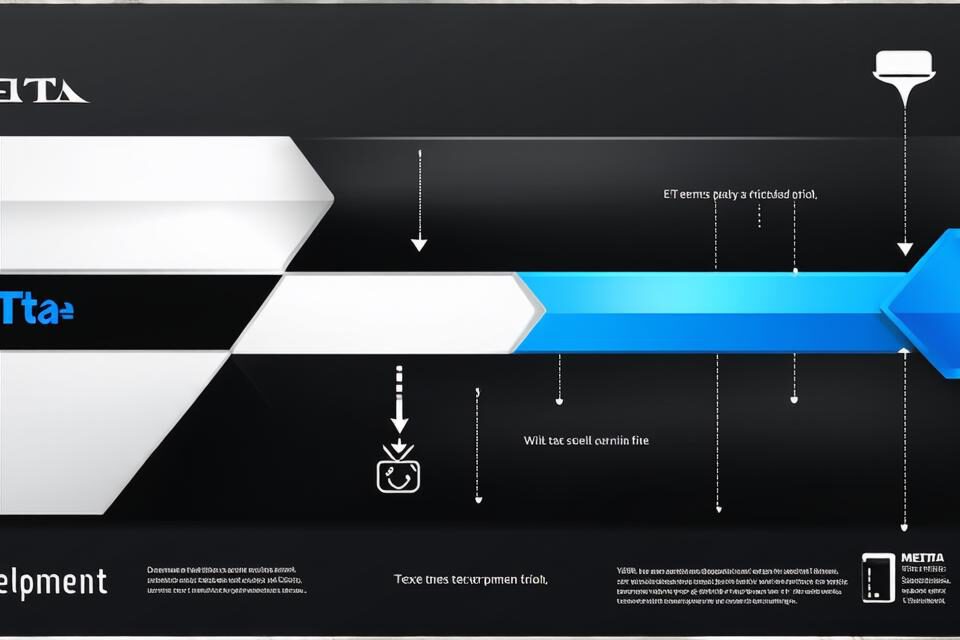How to Develop an Effective Meta Title Tag for SEO?

<!DOCTYPE html>
Meta Title Tags and SEO
Meta title tags are crucial in determining the relevance of a website’s content and its ranking on search engine result pages (SERPs). A well-crafted meta title tag can capture the attention of users and entice them to click through to your website. In this article, we will discuss the importance of meta title tags in SEO and provide tips and best practices for developing an effective meta title tag that can help boost your website’s visibility on search engines.
Here are some reasons why meta title tags are essential for SEO:
- Determine Relevance: The meta title tag helps search engines determine the relevance of a webpage based on its content. A well-crafted meta title tag can help ensure that your webpage is displayed in search results for relevant keywords and phrases.
- Improve Click-Through Rate: The meta title tag can also improve your website’s click-through rate, which measures the number of users who click on a link to your website. A compelling meta title tag can help attract the attention of users and entice them to click through to your website.
- Reduce Bounce Rates: Click-through rates can be affected by bounce rates, which measure the number of users who leave your website after visiting only one page. A well-written meta title tag can help reduce bounce rates by ensuring that users are directed to relevant and useful content on your website.
- Boost Visibility: A well-crafted meta title tag can also help boost your website’s visibility on search engines, leading to increased traffic and better rankings.
Tips for Developing an Effective Meta Title Tag
- Keep it Short: The meta title tag should be no longer than 70 characters, including spaces. Search engines typically display the meta title tag in full in the SERP, so it’s essential to keep it concise and to the point.
- Be Specific: Your meta title tag should accurately reflect the content of your webpage. Use specific keywords and phrases that are relevant to the content on your website. This will help search engines determine the relevance of your webpage and improve its ranking in search results.
- Make it Compelling: Your meta title tag should be compelling and entice users to click through to your website. Use action-oriented language, such as “Learn More” or “Discover,” to encourage users to click through to your website.
- Be Consistent: Use the same format and style for all of your meta title tags to maintain consistency across your website. This will make it easier for search engines to understand the content of your webpages and improve their ranking in search results.
- Test and Optimize: Continuously test and optimize your meta title tags to ensure they are performing well. Use A/B testing and other optimization techniques to determine which meta title tags are driving the most clicks and traffic to your website.

Case Study: How an Effective Meta Title Tag Boosted Website Traffic
One example of how an effective meta title tag can boost website traffic is the case of the virtual reality development company, VR First. VR First had a problem with low click-through rates and high bounce rates on their website, which they attributed to poorly written meta title tags. They decided to hire an SEO expert to help them develop an effective meta title tag strategy.